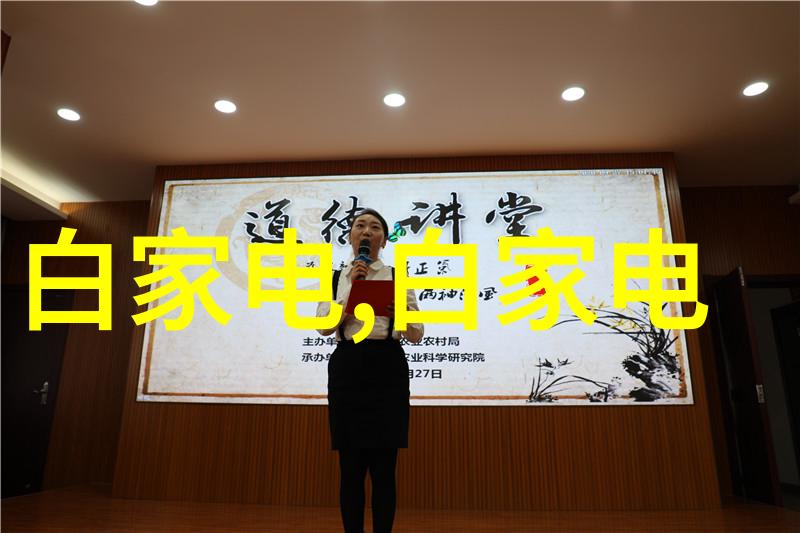云计算与大数据在智能交通中的应用探究
引言

随着科技的飞速发展,传统的交通管理方式已经无法满足日益增长的人口和车辆数量带来的挑战。智能交通系统(ITS)作为解决城市交通问题的一种有效手段,其核心在于利用先进技术,如云计算、大数据分析、物联网等,为出行者提供更加高效、安全、高效率的服务。因此,本文将探讨如何通过云计算与大数据提升智能交通产品的性能。
云计算在智能交通中的应用

云计算是指通过互联网共享运算能力和存储空间资源的一种模式。在智能交通中,云计算主要用于处理大量复杂的数据流,以便进行实时监控、预测性维护和优化路网配置。例如,将传感器收集到的实时流量信息上传到云端,可以实现对整体道路网络状况的动态监控,从而帮助调度中心及时调整信号灯时间以减少拥堵。
大数据分析在智能交通中的应用

大数据是指能够用传统软件处理工具所不能迅速地获取洞察力的那些信息集合。大数据分析对于理解复杂现象至关重要,在智能交通领域,它可以帮助识别出发点和目的地之间最短路径,以及根据当前路况自动调整推荐路线。此外,大数据还能揭示用户行为规律,比如哪些时间段有更多人使用某条路线,这样可以更好地安排公共汽车或公交车服务。
智能应急响应系统:快速反应关键要素

当发生突发事件,如事故或自然灾害,快速准确响应至关重要。在这样的情况下,大规模的人员救援往往会导致混乱。而一个基于云平台的大型数据库,可以记录所有可能出现的问题,并且随时更新这些情报。这使得紧急服务人员能够迅速定位并协调救援行动,从而极大缩短反应时间,提高成功率。
数据隐私保护:保障个人隐私权利

虽然利用个人旅行历史来改善公共运输显然有其优势,但同时也引发了关于隐私保护的问题。为了保证乘客个人的合法权益,一些国家和地区开始实施严格的法律规定要求企业必须采取适当措施来保护这些敏感信息。这包括加密技术、匿名化处理以及建立透明性的机制,让消费者了解他们如何被跟踪,并允许他们选择是否参与这种形式的心理学研究。
结论
总结来说,cloud computing and big data have played a crucial role in the development of smart traffic systems, allowing for real-time monitoring, predictive maintenance and optimization of road networks to improve the efficiency and safety of transportation systems for everyone's benefit.
In conclusion, this paper has explored how cloud computing and big data can enhance the performance of intelligent traffic products by providing real-time information on traffic flow, predicting travel patterns, optimizing route planning and emergency response times while ensuring privacy protection measures are put into place to safeguard individual rights.
By leveraging these technologies, cities can develop more sustainable solutions that reduce congestion costs, decrease emissions levels while enhancing overall quality of life for citizens through efficient public transit systems designed with their needs in mind.
The future holds much promise as we continue to harness these tools towards creating better connected urban spaces where all people can enjoy safe access to reliable transportation services without compromising personal freedoms or contributing further strain on our environment






